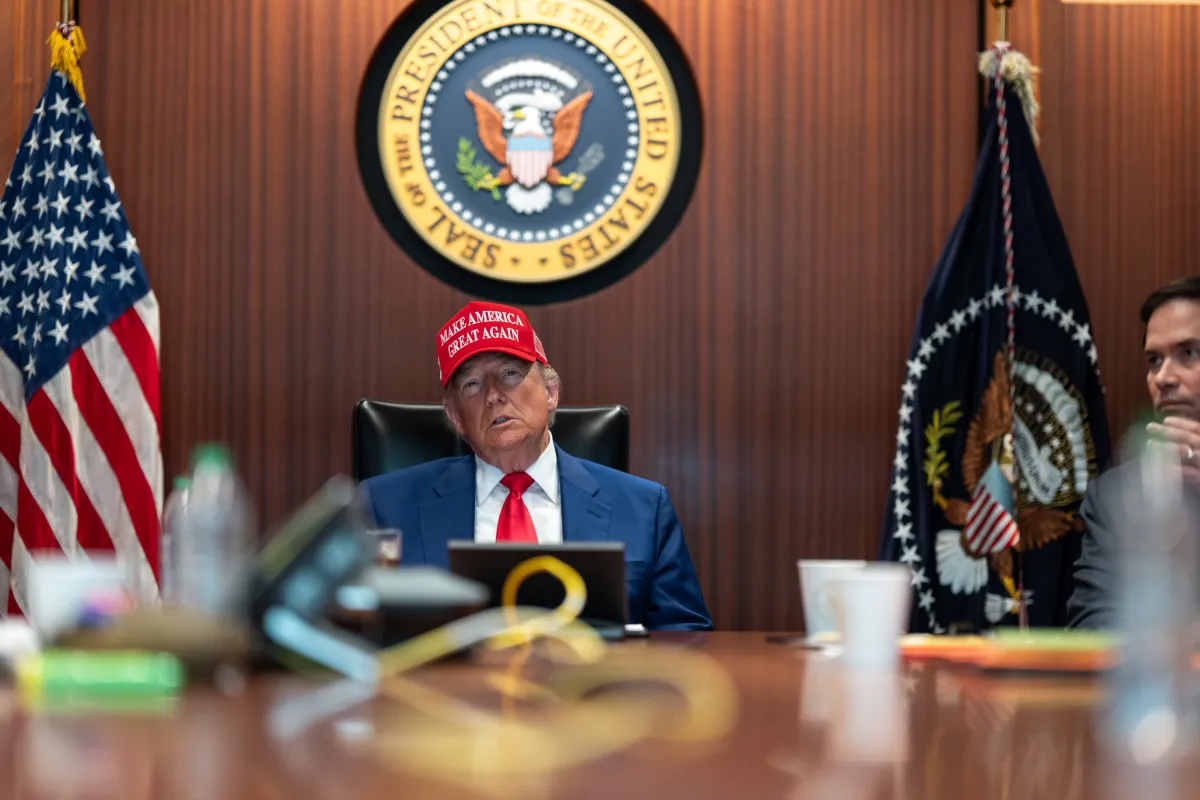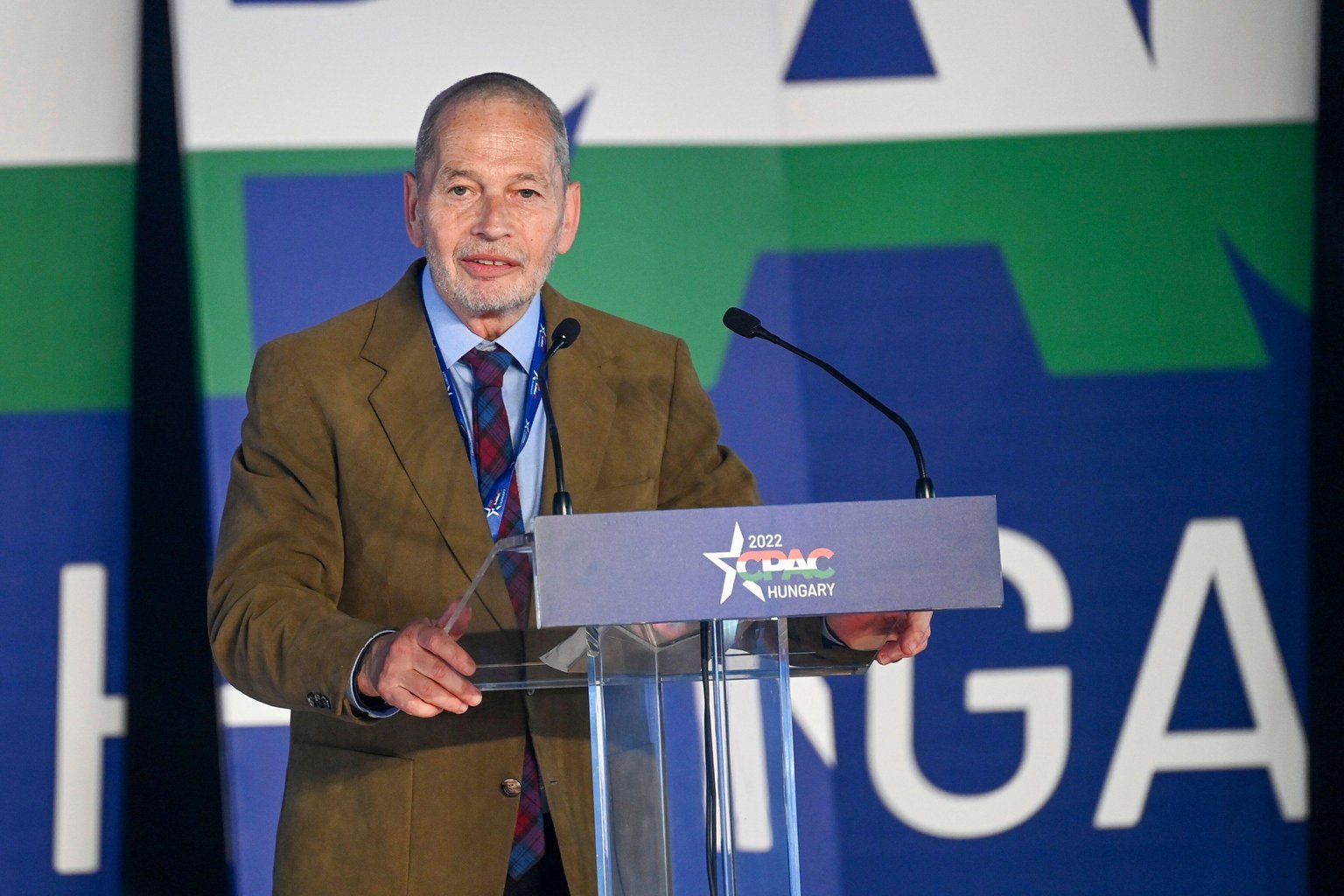
(Image: Shutterstock)
When will Australian governments leave the internet alone? Successive governments have shown an inability to allow Australians to go about the business of using the web and browsing at will. Under previous Labor governments, an obsession grew about the need for a mandatory internet filter system. The system would have screened out sites falling into the “Refused Classification” category. Internet activists and the political opposition guffawed at the suggestion. It was deemed excessive and unworkable.
Australia’s new attorney-general, the prickly George Brandis, claims to be interested in freedoms. He certainly spends time talking about it, having established the new office of “Freedom Commissioner” and claiming that the political left has lost sight of traditional civil rights in favour of select, marginal entitlements. His appointee to the position, Tim Wilson of the libertarian Institute of Public Affairs, is meant to signal a policy shift.
Such a move does little to suggest how actual “freedoms” are going to be protected, let alone promoted. Australia’s legislative regime on rights, in the absence of a constitutionally protected bill of rights, is a quilt work of regulations. These are, as ever, the subject of parliamentary change.
When it comes to internet freedoms, Brandis shows a slightly different suspicion of its workings than his predecessors. But in targeting a form of behaviour he cannot accept, he proves to be on familiar ground. The focus here is not morally righteous in the manner of the pornography filterers, but it is righteous in the sense of protecting financial and economic rights. “The illegal downloading of Australian films online is a form of theft.” Both views share a common strand: a desire to circumscribe the way the net, and information, is used.
Before an audience at the Australian Digital Alliance copyright forum last week, Brandis made mention of how he might go about this. The government will consider various legal means to provide a “legal incentive” for ISPs to collaborate with copyright owners to combat infringements. “This may include looking carefully at the merits of a scheme whereby ISPs are required to issue graduated warnings to consumers who are using websites to facilitate piracy.”
A three-strikes system is being pushed, part of a global drive by developed countries to exert greater control over internet content. France, New Zealand, the United States and Britain are all in the stages of implementing such a program. Users of Australia’s broadband system who allegedly download pirated content will be warned before authorities intervene. This can involve threats of discontinuation from the use of the internet after three warnings. So far, owners of content in Australia have been pressing the government to use a warning system short of disconnection.
The effects of this have already been outlined in some detail. Internet service providers such as iiNet and Optus claim that such a policy move will shift the onus on them to police content. That is Brandis’ suggestion: to convert ISPs into cyber policing outfits that will remove websites hosting “illegitimate” material, thereby restraining downloads by customers.
A few points are worth mentioning. The first is how accountability for infringements can be attributed to an ISP. A ruling by the Australian High Court on the liability of an ISP for allowing the downloading of infringing content is instructive. In 2012, the court unanimously found in a case mounted by 34 studios and television companies against iiNet that the ISP was not liable for authorising copyright infringement.
Roadshow Films v iiNet proved to be a global test case on illegal downloads. It found that iiNet did not have direct power to prevent infringements given its lack of control over the BitTorrent protocol. The only way to prevent violations would have been excessive: eliminating a customer’s Internet access altogether, which would also prevent legitimate uses of it. Indifference to cases of infringement was not the same as authorisation of it. And expecting iiNet to do what the plaintiffs wanted would have resulted in heavy expense, inconvenience and liability for terminating customer accounts.
The other point to make is that such graduated systems are set to fail even as they unduly burden the industry. The experiences in France, New Zealand and the UK have shown them to be counterproductive. Steve Dalby, chief regulatory officer of iiNet, forcefully argues that content should be made available via a system of timely release using such streaming services as Netflix and Hulu. “It can’t be a coincidence that graduated response doesn’t work anywhere else in the world, and making content available in a timely fashion in the US market does work.”
Such suggestions by Brandis cast light on preliminary moves on the part of Australia to import American models of intellectual property law into the domestic system. Australia has been the least disagreeable of the countries involved in negotiating the Trans-Pacific Partnership Agreement with the United States, which contains a substantive chapter on intellectual property.
The intellectual property chapter of the secretly negotiated agreement, obtained by WikiLeaks, suggests the extent the TPP will control the way “protected” content, be it technology, medicine and publishing, will be controlled. Mandatory removals and targeting copyright infringements are fundamental to the changes. The main investors in such an arrangement are US companies who will seek, through the legal regulations in other countries, to control the release of protected material. Aspects of the contentious Digital Millennium Copyright Act have found their way into the agreement.
While the interests of copyright are important to consider, the tendency to control the global Internet via an internationalised copyright regime that coopts ISPs into the role of monitors serves no useful role in preventing infringements. This has the effect of turning a provider of such services into a security service for corporate rights. But it is a trend proving irresistible to all governments, especially those in industrial countries.
This article was posted on February 19, 2014 at indexoncensorship.org




